There are many different causes of hair loss, but did you know that one of them could be a vitamin deficiency? This is because vitamins play an important role in keeping our hair healthy. Vitamin A, B, C, and E are all essential for healthy hair. If you are deficient in any of these vitamins, it could lead to hair loss. In this blog post, we will explore what vitamin deficiency causes hair loss and how you can prevent it.
What is hair loss?
Hair loss can be caused by a number of different things, including vitamin deficiency. When it comes to vitamins, there are a few that are particularly important for healthy hair growth. These include vitamins A, B, and C. If you’re not getting enough of these essential nutrients, it can lead to thinning hair or even hair loss.
Vitamin A is important for a number of different bodily functions, including cell growth. This vitamin helps your body produce sebum, which is an oily substance that helps keep your hair healthy and moisturized. Without enough vitamin A, your hair can become dry and brittle, increasing the risk of breakage.
B vitamins are also essential for healthy hair growth. Biotin, in particular, is necessary for the production of keratin – a protein that makes up your hair shafts. B vitamins also help to keep your scalp healthy by promoting circulation and keeping the follicles free from debris.
Finally, vitamin C is important for collagen production. Collagen is a protein that gives your skin its elasticity and strength. It’s also what helps give your hair its structure. Without enough vitamin C, your collagen levels could drop and lead to weaker hair that’s more susceptible to breaking.
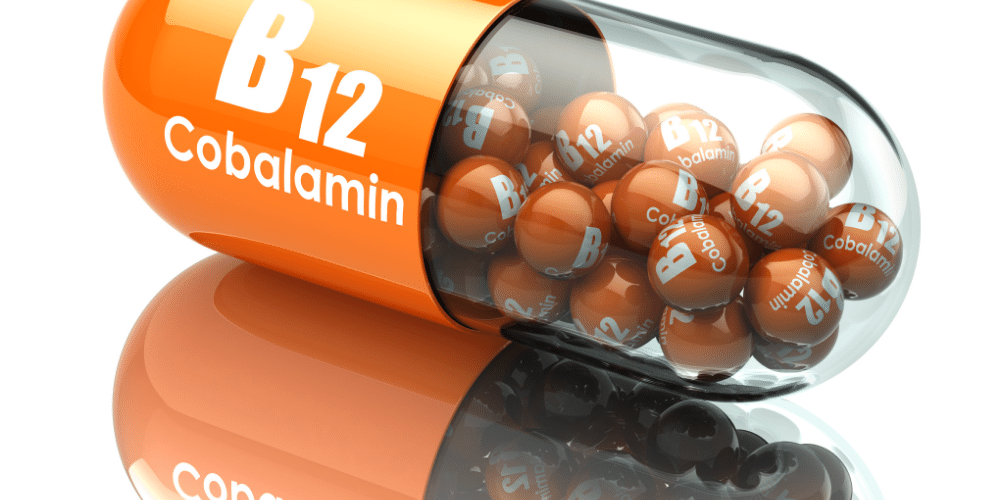
Vitamin A deficiency
Vitamin A deficiency can cause hair loss. This is because vitamin A is necessary for the production of sebum, which is an oily substance that helps to keep hair healthy. Without enough sebum, hair can become dry, brittle, and more susceptible to breakage.
Vitamin B12 deficiency
Vitamin B12 is an essential nutrient that helps keep the body’s nerve and blood cells healthy. A lack of vitamin B12 can lead to a type of anemia called pernicious anemia, which can cause hair loss. Some other symptoms of vitamin B12 deficiency include fatigue, weakness, pale skin, and shortness of breath. If you think you might be deficient in vitamin B12, talk to your doctor about getting a blood test.
Vitamin C deficiency
Vitamin C is an essential nutrient for human health. It is involved in many biochemical processes in the body and is required for the synthesis of collagen, a major component of connective tissue. Vitamin C deficiency can lead to hair loss.
Vitamin C deficiency can cause a condition called scurvy, which leads to the breakdown of collagen and other connective tissues. This can lead to hair loss as well as other symptoms such as fatigue, muscle weakness, joint pain, and bleeding gums. vitamin C deficiency can also cause dry and brittle hair, and split ends.
To prevent vitamin C deficiency-induced hair loss, eat a diet rich in fruits and vegetables that contain vitamin C. You can also take a supplement containing vitamin C.
Vitamin D deficiency
Vitamin D is an essential nutrient for our bodies, but many people don’t get enough of it. A lack of vitamin D can lead to health problems, including hair loss.
There are several ways to get vitamin D, including exposure to sunlight, certain foods, and supplements. However, some people may not be able to get enough vitamin D from these sources and may need to take a supplement.
If you think you may be deficient in vitamin D, talk to your doctor. They can order a blood test to check your levels and recommend the best way to increase your intake.
Vitamin E deficiency
Vitamin E is an important antioxidant that helps protect the body from free radical damage. Free radicals are unstable molecules that can damage cells, leading to inflammation and disease. Vitamin E deficiency has been linked to a number of health problems, including hair loss.
Vitamin E deficiency can cause the hair follicles to become inflamed and damaged, which can lead to hair loss. In addition, vitamin E deficiency can also cause the scalp to become dry and flaky, which can further contribute to hair loss. If you are suffering from hair loss, it is important to speak with your doctor to rule out any underlying medical conditions. However, if your hair loss is due to vitamin E deficiency, taking a supplement or increasing your intake of foods rich in vitamin E may help improve the condition of your hair.
How to prevent hair loss due to vitamin deficiencies
Vitamin deficiencies are one of the leading causes of hair loss. While there are many different vitamins that can contribute to hair loss, some of the most common include vitamins A, B, and C.
Vitamin A is important for maintaining healthy skin and scalp. If you are deficient in vitamin A, you may notice your hair becoming dry and brittle. Vitamin B is essential for cell growth and metabolism. A lack of vitamin B can lead to hair follicle miniaturization, which means your hair will grow back thinner and weaker after each cycle. Finally, vitamin C is necessary for collagen production. Collagen is a protein that helps give your hair its structure. Without enough vitamin C, your hair may become weak and break easily.
Fortunately, preventing hair loss due to vitamin deficiencies is relatively simple. The best way to ensure you’re getting all the nutrients you need is to eat a balanced diet that includes a variety of fruits, vegetables, whole grains, lean proteins, and healthy fats. You can also supplement your diet with a multivitamin or specific vitamins if you feel you’re not getting enough from your food alone. In addition to dietary changes, managing stress levels can also be helpful in preventing hair loss due to vitamin deficiencies. When we’re stressed, our bodies create a hormone called cortisol which can interfere with the absorption of nutrients like vitamins A, B, and C. So make sure to take some time for yourself every day to relax and de-stress!
What are the causes of hair loss?
There are many potential causes of hair loss, but vitamin deficiency is one of the most common. When your body doesn’t get enough of the vitamins it needs, it can lead to a number of health problems, including hair loss.
Vitamin A is necessary for healthy hair growth. A lack of vitamin A can lead to dry, brittle hair that breaks easily. It can also cause your scalp to become dry and flaky.
B vitamins are also important for healthy hair. B vitamins help your body produce keratin, which is the protein that makes up your hair. A lack of B vitamins can cause your hair to become thin and weak.
Vitamin C is needed for the production of collagen, which helps keep your hair strong and healthy. A lack of vitamin C can cause your hair to break easily and may even lead to baldness.
Vitamin D is important for keeping your scalp healthy. A lack of vitamin D can cause dandruff and an itchy scalp. It can also make your hair follicles weaker, which can lead to hair loss.
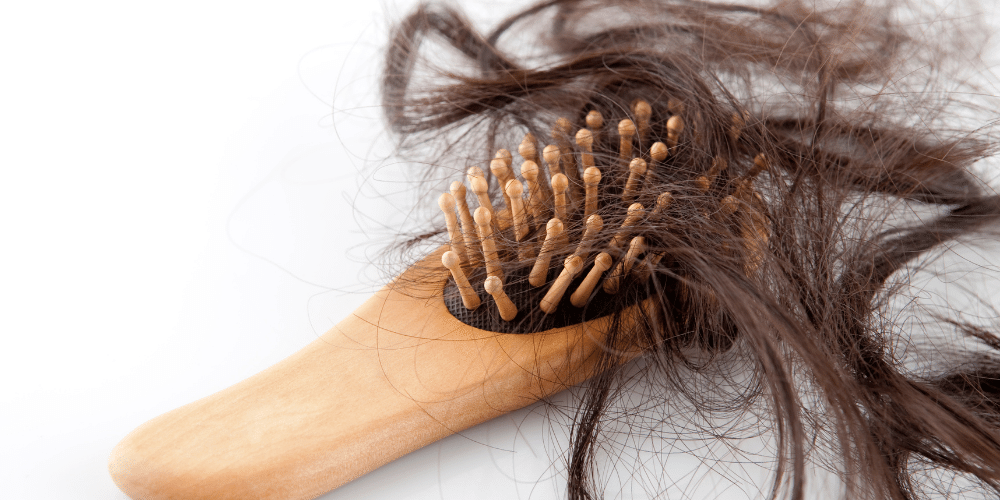
How to Treat Hair Loss Caused by Vitamin Deficiencies
There are a few different vitamin deficiencies that can cause hair loss. One of the most common is a lack of vitamin D. Vitamin D deficiency has been linked to hair loss in both men and women.
Vitamin A is another vitamin that can lead to hair loss if you’re not getting enough of it. Vitamin A helps keep your scalp healthy, so a deficiency can lead to dryness and itching, which can then lead to hair loss.
If you think you might be deficient in either of these vitamins, talk to your doctor about taking supplements or changing your diet to include more foods that are rich in these nutrients.
Conclusion
Vitamin deficiencies are one of the leading causes of hair loss. If you are experiencing hair loss, it is important to get your vitamin levels checked by a doctor. If you are found to be deficient in certain vitamins, taking supplements can help improve your health and reverse hair loss.

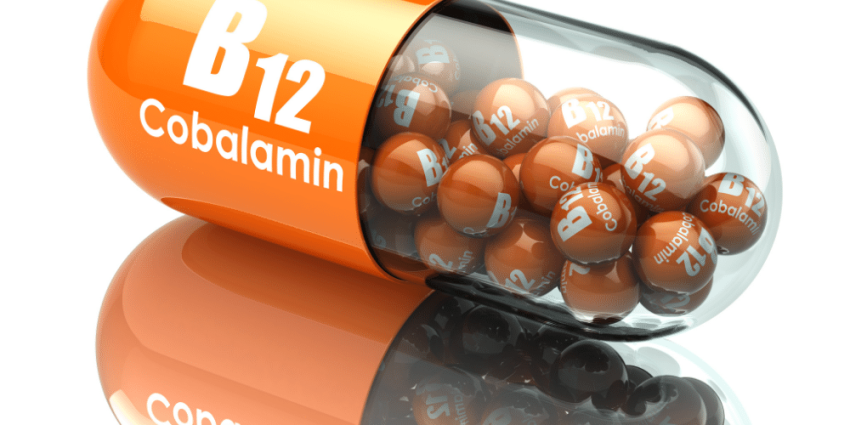


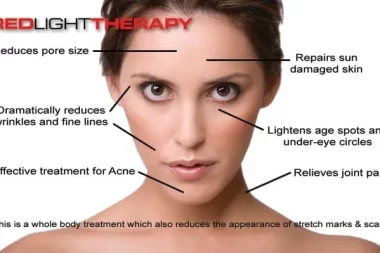
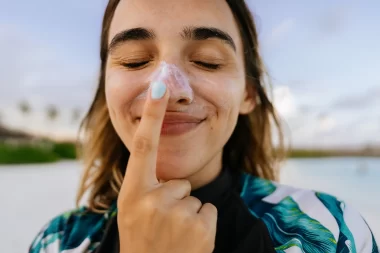
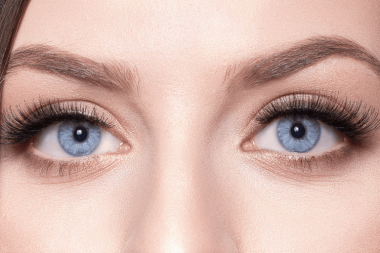
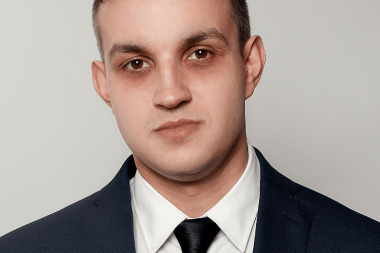
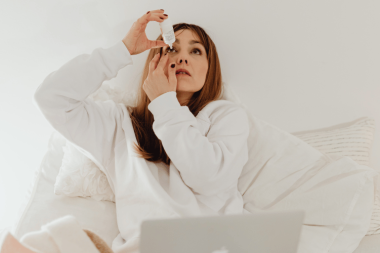
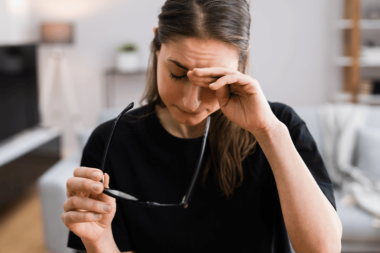
Leave a Reply